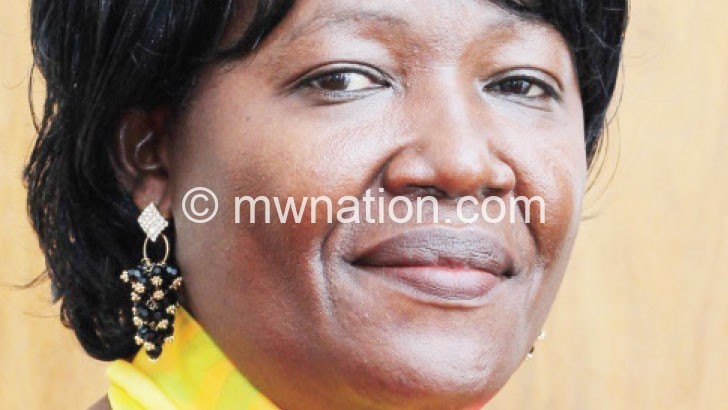Ministry dares critics, engages Ombudsman
Ministry of Education has commissioned an independent probe into the 2019/20 Primary School Leaving Certificate of Education (PSLCE) examination results and the subsequent Form One selection to national secondary schools.
Education analysts have since commended the ministry for the move they say will clear the air after the results opened a can of worms with some experts and social commentators punching holes in the legitimacy of the results.
In a press statement released yesterday, Ministry of Education Principal Secretary Chikondano Mussa highlighted some inequities dogging the education system and said the Office of the Ombudsman had been commissioned to audit the 2019/20 PSLCE exams and the subsequent Form One selection to quell the confusion.

She also committed to incorporate an independent expert group, including leading academics, to undertake a multi-year analysis of PSLCE examination results to determine the nature, extent and causes of inequities in PSLCE examinations across the country.
The ministry further promised to establish a special K1 billion fund for infrastructure improvements in community day secondary schools (CDSSs) in greatest need of refurbishment and renovation.
Said Mussa in the statement: “The investigation/audit by the Office of the Ombudsman will review in detail the events and processes involved in the examination results and secondary school selection process of the 2019/20 school year.
“The audit report is expected to be available within four months in time to ensure any appropriate changes can be made for future examination and selection processes.
“The ministry welcomes this audit by the Office of the Ombudsman and commits to respond to its findings and to implement its recommendations as soon as possible.”
But speaking in an interview yesterday, Civil Society Education Qualition (Cseq) executive director Benedicto Kondowe said while the probe was welcome, government should have done more than what it was committing now.
He argued that considering that the ministry seems to acknowledge disparities and concerns that there has previously been politicisation and under-investment in public education, it should have proceeded to suspend the selection as there is no remedy for pupils who may have been genuinely disadvantaged.
Kondowe said: “If the investigation establishes that the selection process was fraught, how will you remedy the interests of those who will have been wrongly left from the selection? It seems we are normalising wrong things here.
“This is a national issue and we need to deal with it objectively. If the investigation establishes that nothing was wrong, then fine and good. But you cannot proceed with the selection by allowing the students to report to their respective secondary schools when you have an investigation to inquire into that issue.”
But in an apparent self-contradiction, the activist also suggested that although the selection might have had its own issues, government should maintain the status quo and let the selection stand to allow the Office of the Ombudsman inquire into the matter and make recommendations.
On his part, Edukans Foundation Malawi country representative Limbani Nsapato also commended the ministry for highlighting inequalities within the system and clarifying how the PSLCE selection was conducted.
He said: “Those inequalities mean that it is not possible to apply a one-size-fits-all formula because we have to take care of those disparities in terms of gender, resource availabilities in schools and in terms of resource availability in the areas where the schools are.”
Nsapato also wished the ministry had provided such details when it released the examination results, saying its statement on Monday last week left a lot of gaps.
On the question of halting the entire Form One selection to pave the way for the Ombudsman’s inquiry, he disagreed with Kondowe, saying the move could lead to chaos in form of administrative problems in the country’s education system.
Said Nsapato: “For now the position of the ministry to allow those that have been selected to proceed is good because it is not just the 1 800 students selected to national secondary schools. We are talking of around 80 000 students that have been selected.”
He observed that by publicly undertaking to engage the Ombudsman and independent experts, the ministry was demonstrating confidence that what was applied in the both the 2019/20 PSLCE examinations and the 2021 Form One selection is in the public interest.
In 2018, there was a similar public outcry after some quarters alleged that the government had used quota system to admit students to national secondary schools. However, the Ministry of Education maintained the status quo and undertook to change the criteria in future.
In yesterday’s statement, the Ministry of Education also reiterated the Tonse administration’s commitment to address any inequalities within the education system, including those that have been longstanding and result from the persistent under-investment, politicisation and maladministration of education in Malawi.
The use of quota system when selecting students to the country’s public secondary schools and colleges remains highly contentious and was among the key campaign issued in the last election.





